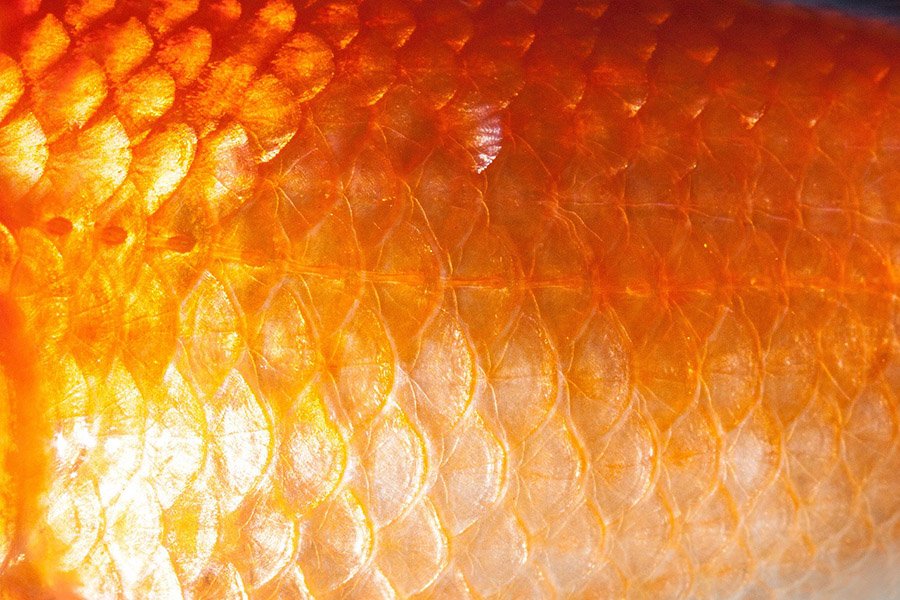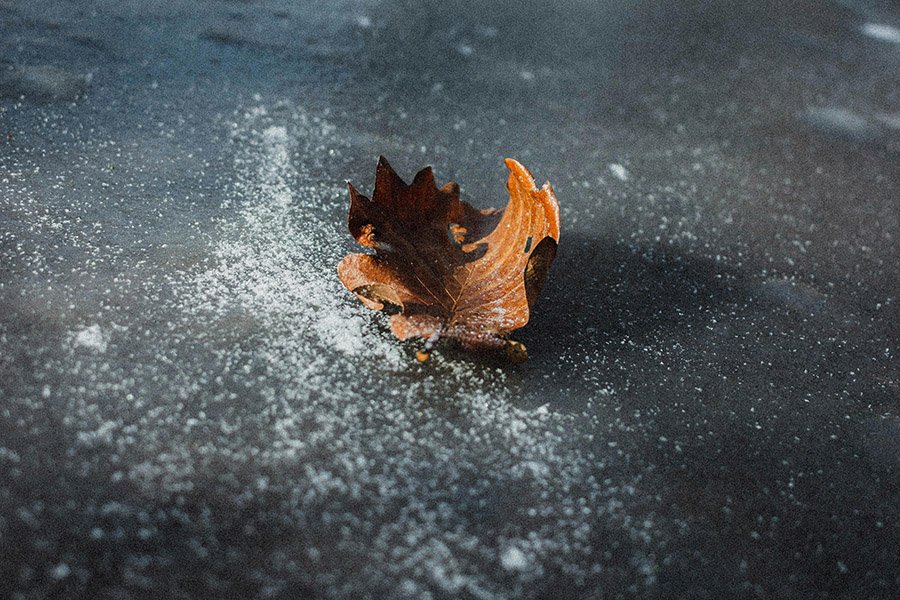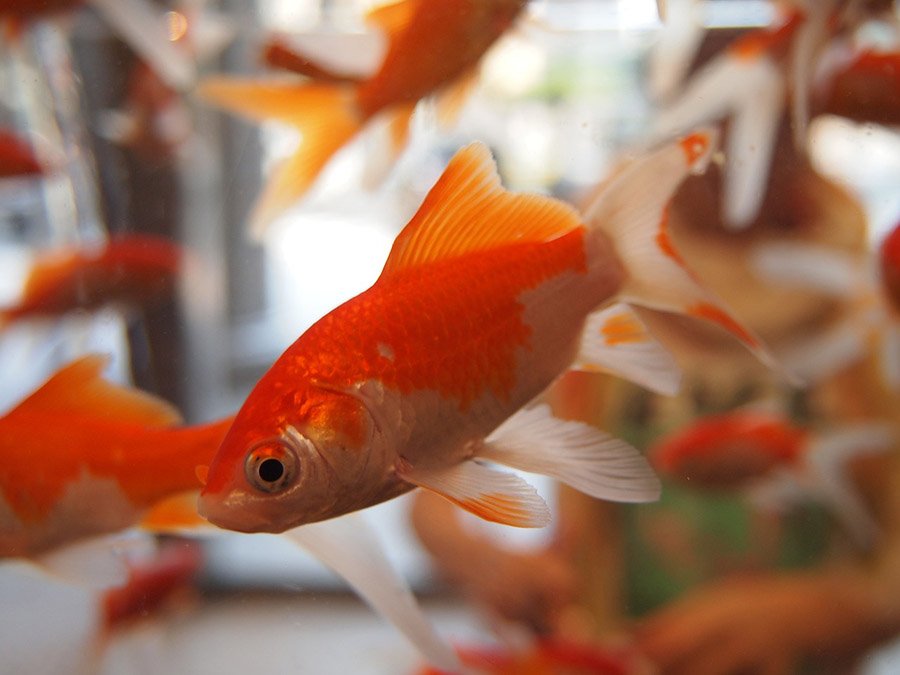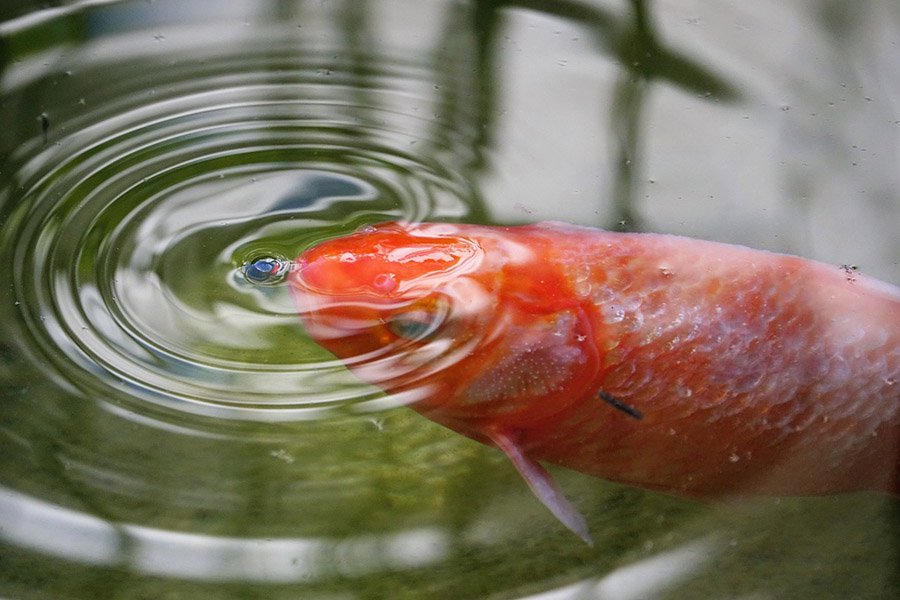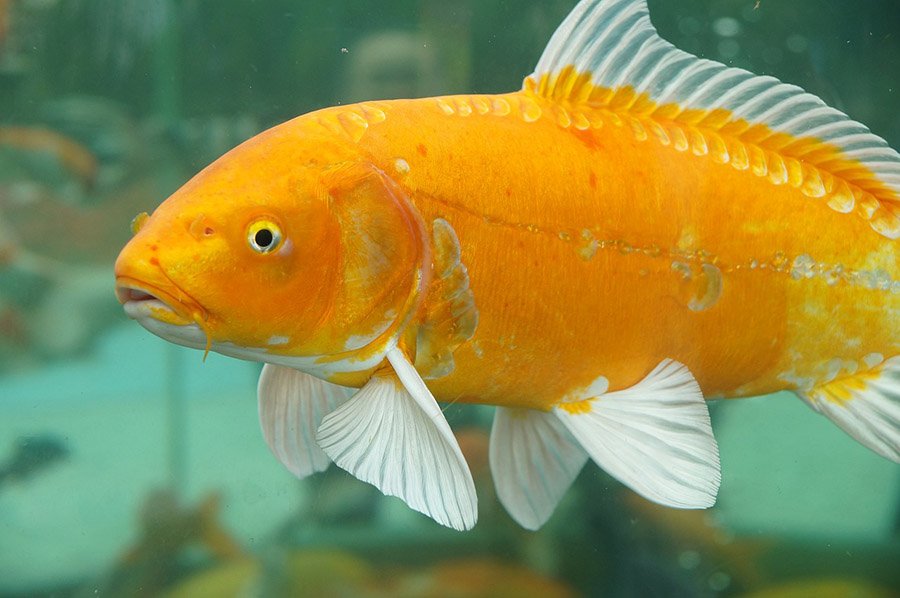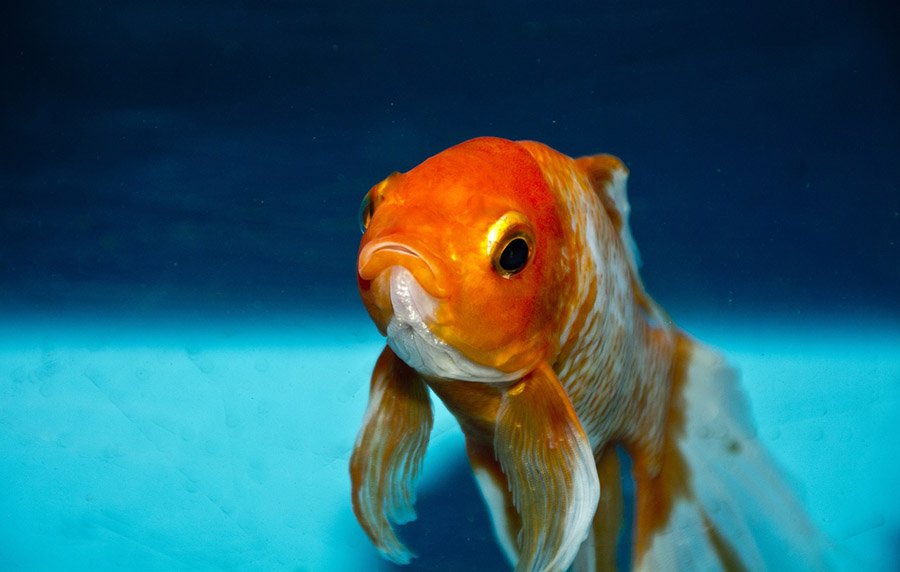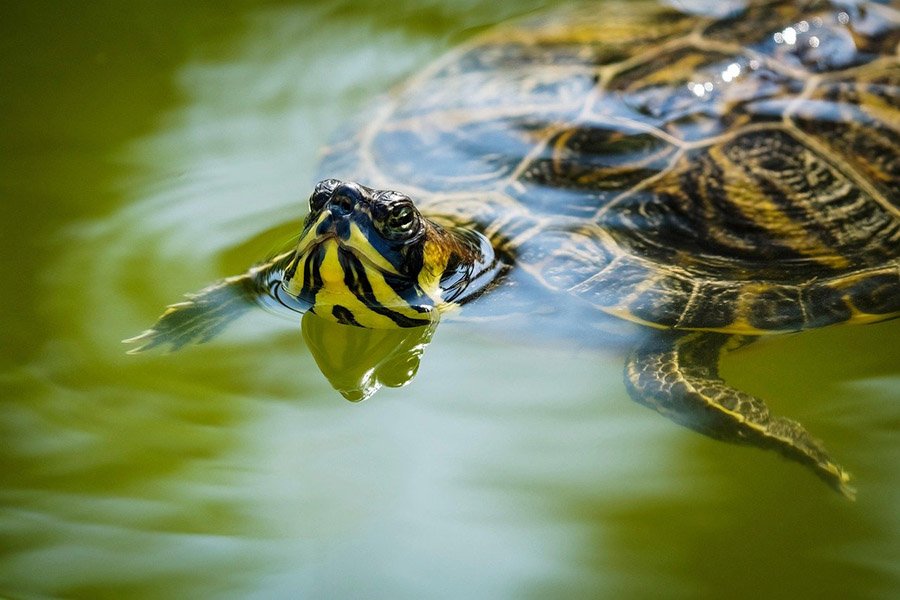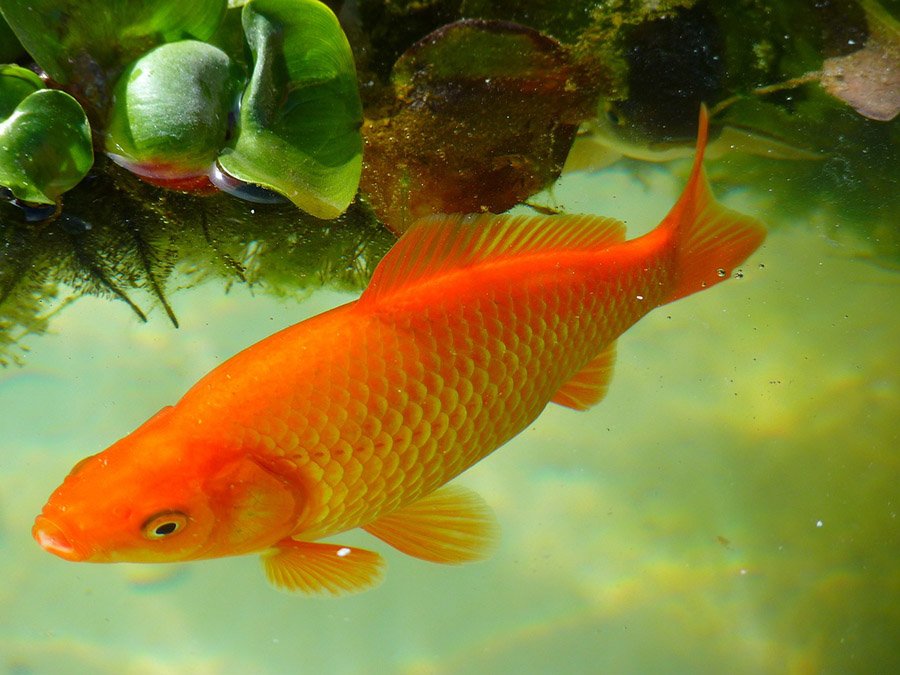Goldfish are popular pets known for their vibrant colors and graceful swimming patterns. However, a common concern among goldfish owners is the loss of scales. Not only can this be alarming, but it may also indicate underlying health issues that need addressing.
Understanding the reasons behind scale loss can help ensure the well-being of your aquatic companion. This article delves into the potential causes and solutions for goldfish scale loss, providing a comprehensive guide for concerned pet owners.
Introduction to Goldfish Scale Loss
Goldfish are admired for their shimmering scales that contribute to their attractiveness. However, the loss of these scales can be a significant indicator that something is amiss in their environment or health. Scale loss isn’t just a cosmetic issue; it can leave your goldfish vulnerable to infections and other health complications.
Scale loss in goldfish can manifest in various ways, from a few missing scales to large patches of exposed skin. While occasional scale loss can occur naturally, consistent or severe scale loss warrants immediate attention. Understanding the different causes of scale loss is essential to diagnose and address the problem effectively.
Identifying and rectifying the cause of scale loss can help restore your goldfish to its healthy, vibrant state. Whether it’s due to environmental factors, physical injuries, or diseases, addressing the root cause is crucial for preventing further health deterioration.
Common Symptoms of Scale Loss in Goldfish
Recognizing the symptoms of scale loss early can help in taking timely action. Common signs include visible patches where scales are missing, red or inflamed areas on the skin, and scales that appear loose or discolored. Sometimes, you may notice the goldfish rubbing against objects in the tank, indicating irritation.
Another symptom to watch for is changes in behavior. A goldfish experiencing scale loss may become lethargic, lose its appetite, or exhibit signs of stress such as rapid swimming or hiding. These behavioral changes are often red flags that something deeper is wrong.
In more severe cases, the areas where scales have detached can become infected, leading to further complications like ulcers or fungal growths. Monitoring your goldfish closely for these symptoms can help in early diagnosis and prompt treatment.
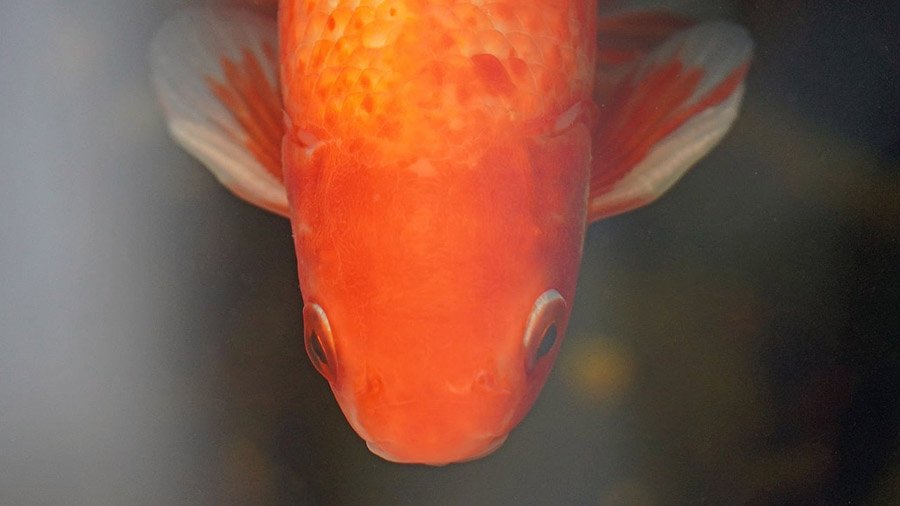
Poor Water Quality: A Leading Cause
Poor water quality is one of the most common reasons for scale loss in goldfish. Contaminated or poorly maintained water can cause significant stress and health issues for fish, including scale loss. High levels of ammonia, nitrites, and nitrates in the water can be particularly harmful.
Regular water testing and maintenance are crucial for preventing scale loss due to poor water quality. Ensure that the tank’s filtration system is functioning correctly and perform regular water changes to maintain optimal water conditions. Keeping a stable pH level and appropriate temperature is also essential.
Investing in a high-quality water conditioner can help neutralize harmful chemicals and make the water safer for your goldfish. Regular monitoring and maintenance can significantly reduce the risk of scale loss caused by poor water quality.
The Impact of Physical Injuries
Physical injuries are another common cause of scale loss in goldfish. These injuries can occur from aggressive tank mates, sharp objects in the tank, or even during handling. Physical trauma can cause scales to detach, leaving the skin exposed and vulnerable to infections.
To prevent physical injuries, ensure that the tank environment is safe and free of sharp objects that could harm your goldfish. If you have multiple fish, observe their interactions to ensure that there is no bullying or aggression that could lead to injuries.
When handling your goldfish, do so with care to avoid causing stress or injury. Using a soft, wet cloth or a specially designed fish net can minimize the risk of physical damage. Proper care and a safe environment can go a long way in preventing scale loss due to injuries.
Parasites and Their Role in Scale Loss
Parasites are microscopic organisms that can cause significant health issues in goldfish, including scale loss. Common parasites like Ichthyophthirius multifiliis (Ich) and Costia can attach themselves to the fish, causing irritation and leading to the shedding of scales.
Symptoms of parasitic infections include white spots on the body, excessive scratching against objects, and visible parasites on the scales and gills. These parasites can quickly spread, making early detection and treatment crucial.
Treating parasitic infections often involves quarantining the affected fish and treating the tank with specific anti-parasitic medications. Maintaining a clean tank environment and regularly monitoring your goldfish for signs of parasites can help prevent these infections.
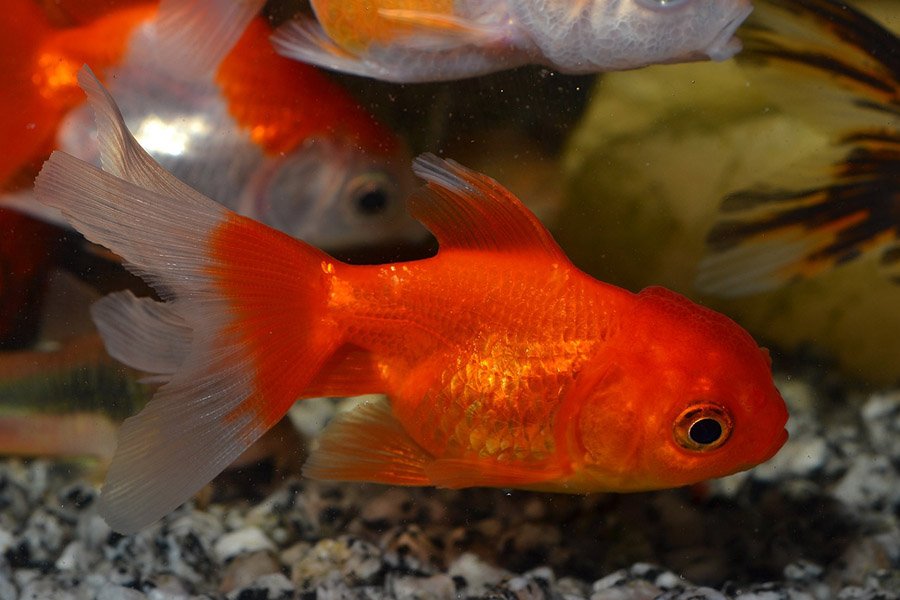
Bacterial Infections and Scale Detachment
Bacterial infections are another significant cause of scale loss in goldfish. Bacteria such as Aeromonas and Pseudomonas can infect the skin and scales, leading to inflammation and scale detachment. These infections often occur in tanks with poor water quality or where fish are already stressed.
Symptoms of bacterial infections include red or inflamed areas on the skin, ulcers, and a general decline in the fish’s health. In severe cases, bacterial infections can lead to septicemia, a potentially fatal condition if left untreated.
Treatment for bacterial infections typically involves isolating the affected fish and administering antibiotics. Improving water quality and reducing stressors in the tank can also help prevent bacterial infections from taking hold.
Fungal Infections: What to Watch For
Fungal infections can also lead to scale loss in goldfish. These infections usually appear as white, cotton-like growths on the skin, fins, and gills. Fungal spores can infect the fish through open wounds or damaged scales, making previously injured fish more susceptible.
Poor water conditions and a weakened immune system can exacerbate fungal infections. Early detection is key, as fungal infections can quickly spread and become more difficult to treat.
Treatment involves isolating the infected fish and treating the tank with antifungal medications. Maintaining good water quality and ensuring a stress-free environment can help prevent fungal infections from occurring in the first place.
Stress and Its Effects on Goldfish Scales
Stress is a significant factor that can lead to scale loss in goldfish. Stress can be caused by various factors, including poor water quality, aggressive tank mates, overcrowding, and sudden changes in the environment. When goldfish are stressed, their immune system weakens, making them more susceptible to infections and scale loss.
Common signs of stress in goldfish include rapid swimming, hiding, loss of appetite, and changes in color. Long-term stress can lead to chronic health issues, including scale loss and other skin problems.
To reduce stress, ensure that the tank environment is stable and free from sudden changes. Provide hiding spots and maintain a peaceful tank community. Regularly monitoring water quality and keeping the tank clean can also help reduce stress levels in your goldfish.
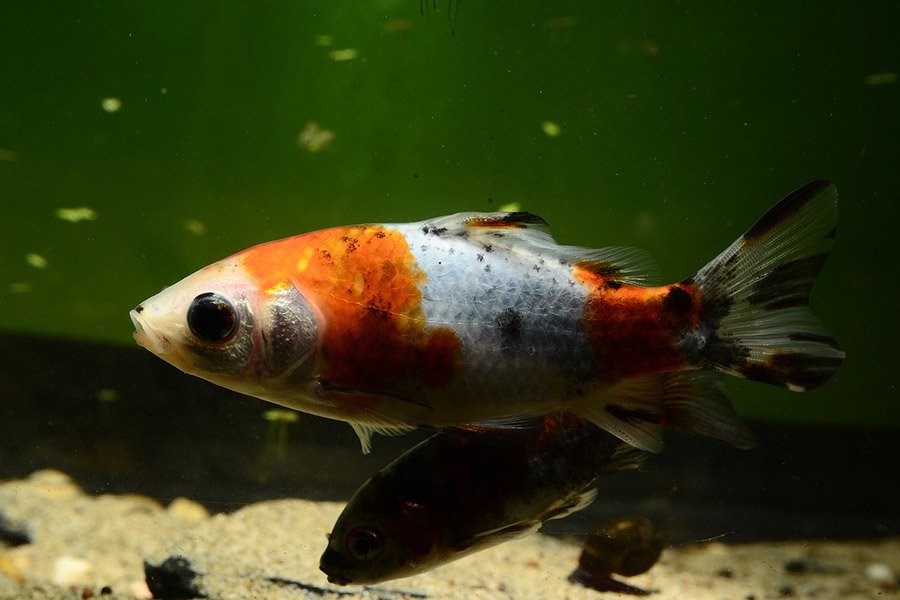
Nutritional Deficiencies and Scale Health
A balanced diet is essential for the overall health of goldfish, including their scales. Nutritional deficiencies, particularly a lack of vitamins and minerals, can lead to weak and brittle scales that are more prone to detachment. Vitamin C and essential fatty acids are particularly important for maintaining healthy scales.
Feeding your goldfish a varied diet that includes high-quality flakes, pellets, and occasional live or frozen foods can help prevent nutritional deficiencies. Supplements can also be added to the diet to ensure that your goldfish receives all the necessary nutrients.
Observing your goldfish’s diet and adjusting it as needed can help maintain their overall health and prevent scale loss due to nutritional deficiencies. Regular feeding and a balanced diet are key components of proper goldfish care.
Preventive Measures and Treatment Options
Preventing scale loss in goldfish involves a combination of proper tank maintenance, a balanced diet, and regular health monitoring. Regular water changes, appropriate filtration, and maintaining stable water conditions are crucial for preventing the common causes of scale loss.
In the event of scale loss, early intervention is key. Isolating the affected fish and identifying the underlying cause can help in administering the appropriate treatment, whether it be medication for infections or improving water quality.
Consulting with a veterinarian who specializes in aquatic animals can provide valuable insights and treatment options. With proper care and attention, you can ensure the health and well-being of your goldfish, minimizing the risk of scale loss and other health issues.
Goldfish scale loss can be a concerning issue, but understanding the common causes and symptoms can help in taking proactive measures. Whether it’s due to poor water quality, physical injuries, parasites, or nutritional deficiencies, addressing the root cause is essential for effective treatment.
By maintaining a clean and stable tank environment, providing a balanced diet, and regularly monitoring your goldfish, you can prevent scale loss and ensure your pet remains healthy and vibrant. Taking these steps will not only enhance the quality of life for your goldfish but also bring peace of mind to you as a responsible pet owner.

